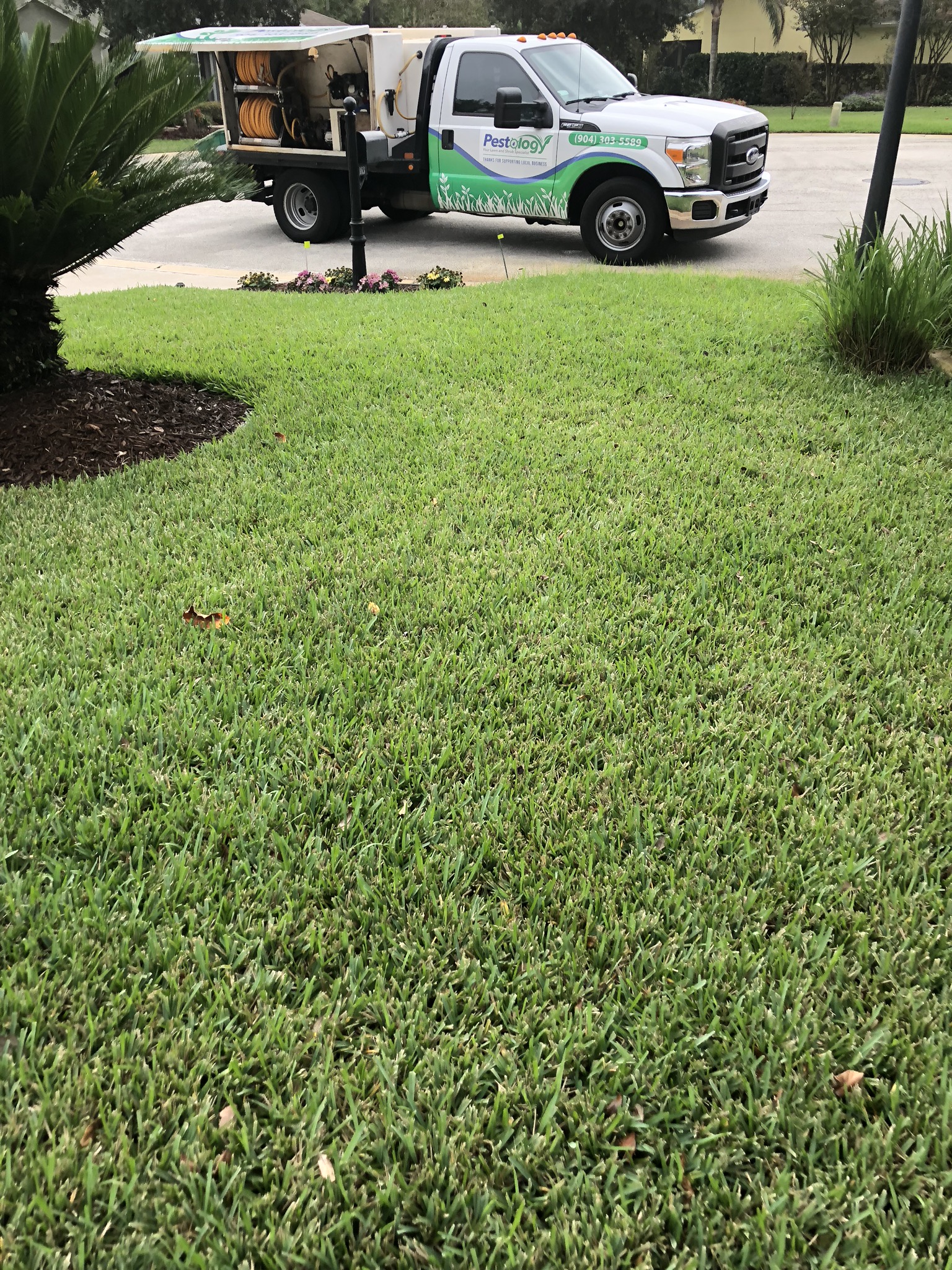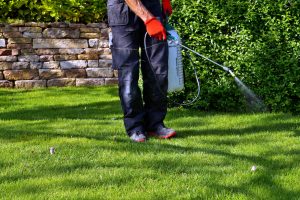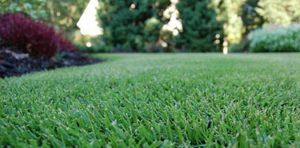Lush, green lawns don’t just happen on their own; a lot goes into keeping turfgrass healthy. Turfgrasses are hardy; they require specific nutrients throughout the growing season to keep them in optimal condition. The soil, water, and sun all provide certain nutrients for turfgrass, but adding fertilizer to your lawn will ensure the grass receives the right balance of nutrients to stay green and healthy. Take a look at why fertilizer is such an essential part of lawn maintenance.
Fertilizer Fills In Gap Of Nutrients
Fertilizer contains nutrients that promote the healthy growth of turfgrass. Grass can lose these nutrients through leaching, grass clippings removal, and ammonia volatilization. Fertilizing your lawn ensures that the vital nutrients of nitrogen, phosphorus, and potassium are replaced and remain in a healthy balance for your yard.
Vital Nutrients In Lawn Fertilizer
*Nitrogen: Nitrogen is the nutrient that gives turfgrass its green color. Nitrogen also helps the grass-grown thick, which encourages denser shoots and less room for weeds. While nitrogen is an essential nutrient for healthy grass, too much of it can weaken the grass, making it vulnerable to disease, leaching, and pests.
*Phosphorus: Phosphorus stimulates grass growth, encouraging the establishment of healthy roots. A healthy root system is vital for grass to weather periods of drought. Healthy roots also ensure that your lawn will stay in good shape throughout the changing seasons.
*Potassium: Potassium is crucial for healthy grass as it strengthens cell walls, helping grass resist disease, drought, fungus, and wear from foot traffic and other use. Potassium also keeps grass safe from harm during extreme weather conditions.
Preventing Weed Growth And Reducing Patches
Regularly fertilizing your lawn helps it to maintain strong roots. Strong roots quickly absorb more water than unhealthy roots, which is critical for many reasons. When water is absorbed efficiently, the soil around the grass becomes firm, reducing the likelihood of water pooling and weed growth. Thick grass with strong roots chokes out weeds by preventing them from gaining a foothold and growing.
Fertilizing Your Lawn Helps Prevent Pest Infestations.
A healthy, well-fertilized lawn encourages a healthy ecosystem of microorganisms, earthworms, and pest-eating bugs, reducing garden bugs that feast on unwanted insects. The better your lawn’s health, the more it can withstand damaging insects and keep dangerous infestations at bay.
Talk With A Professional About Your Lawn
When it comes to maintaining a healthy, lush lawn, it is always a good idea to talk with a professional to determine your landscape’s needs. Through regular fertilization and pest management as needed, you can keep your turfgrass healthy and your landscape beautiful.



